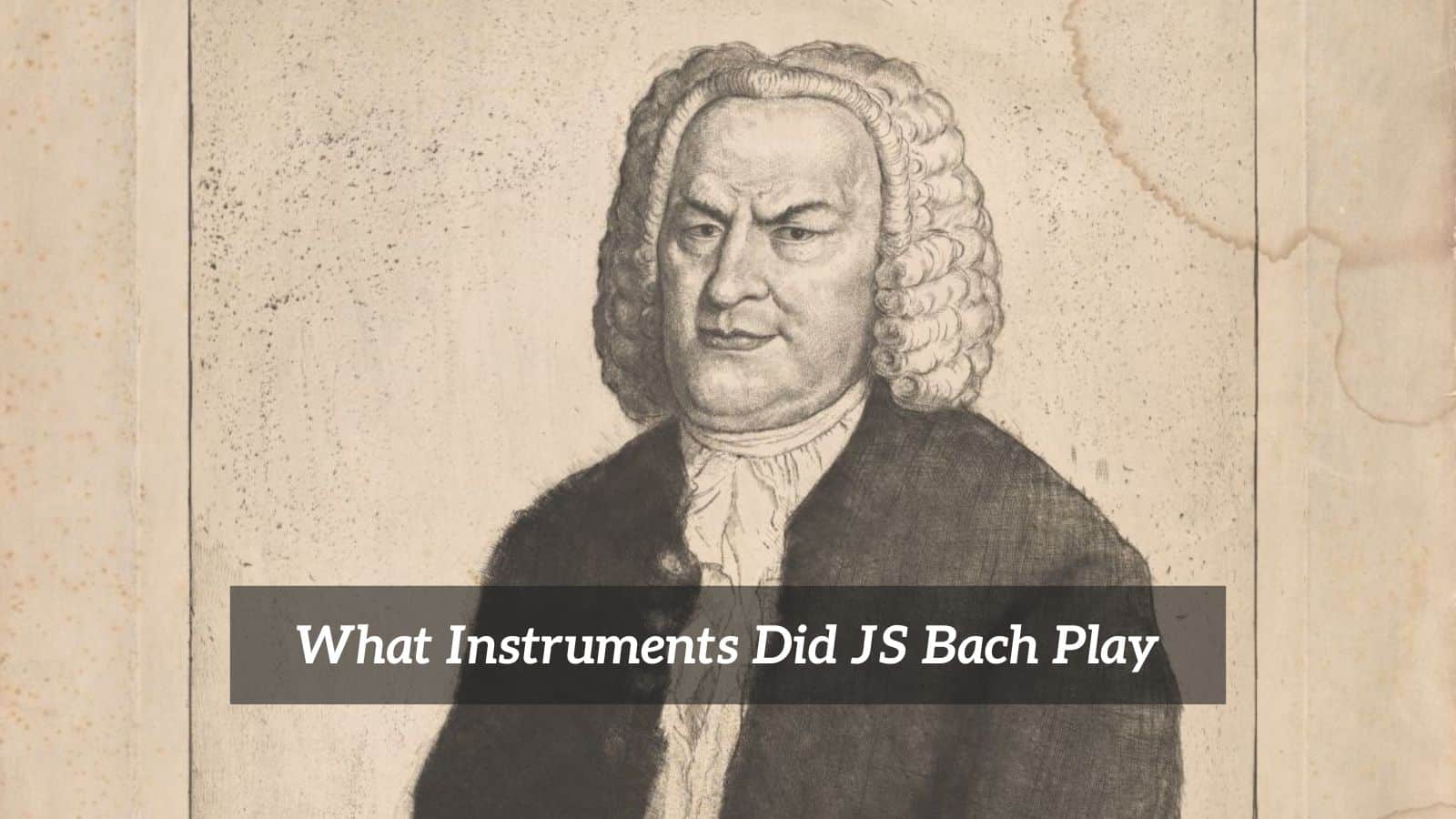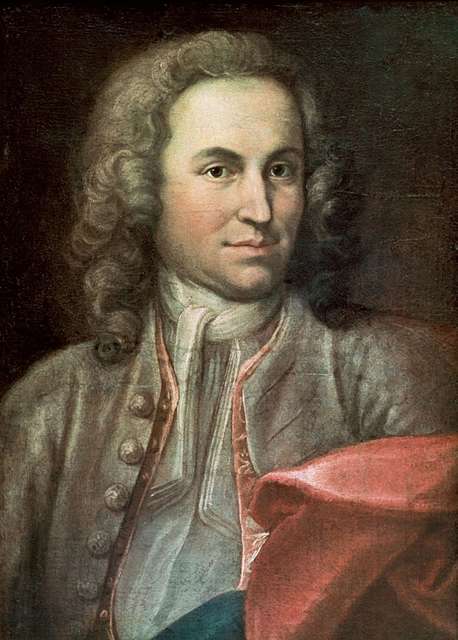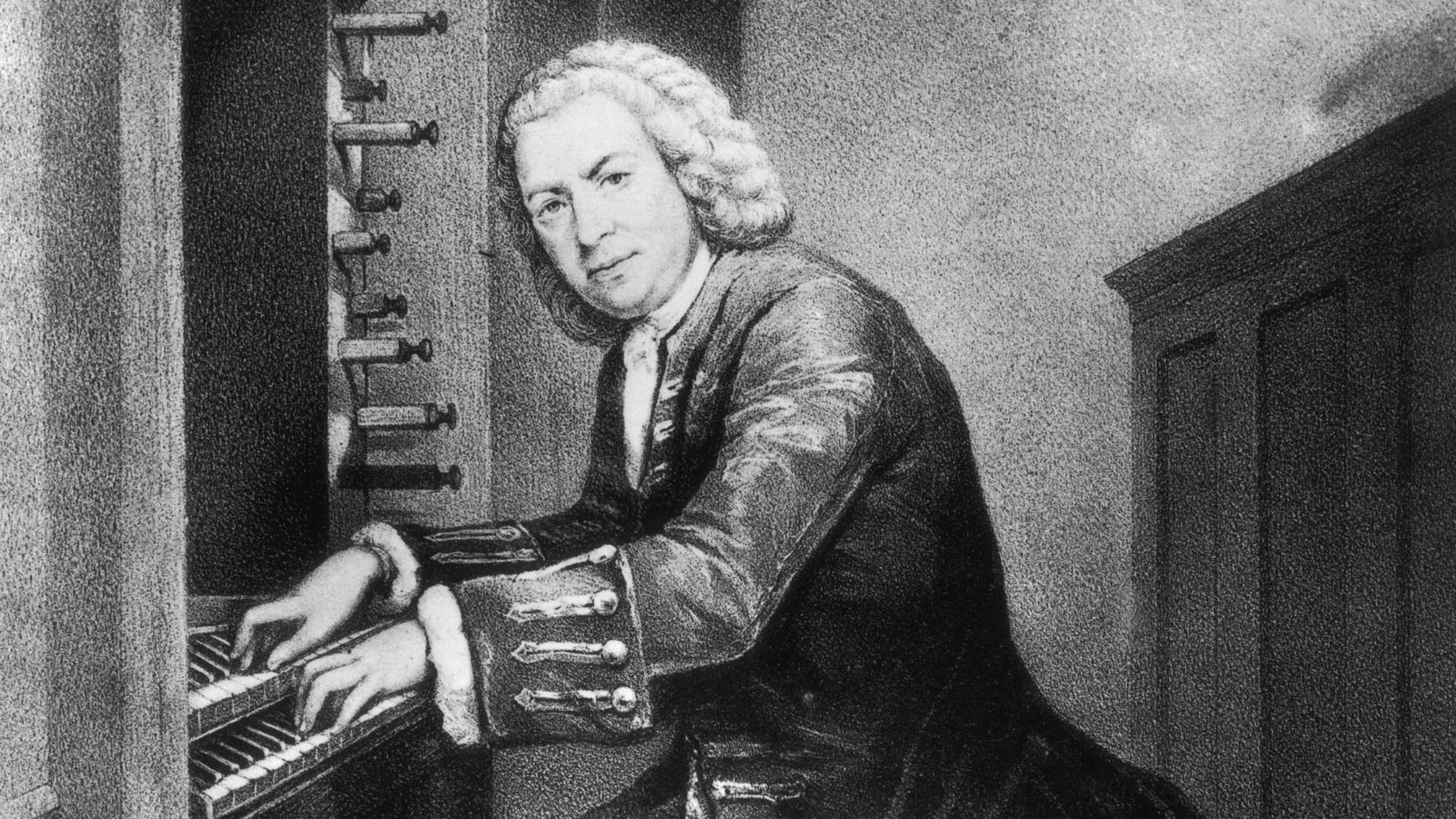
Composer and legendary performer JS Bach was by all accounts a remarkable musician. When we look back this far in time it is commonly very difficult to access a reasonable amount of information about a given composer that can be counted on as reliable.
JS Bach lived and worked during the Baroque period and is considered by many to epitomize this era through his musical output.
He was born into a highly musical family in March of 1685 in a rural area of Germany called Eisenach, Thuringia. This part of Germany had a history for JS Bach as this is where he traced his family back to and the first Bach to settle here; Viet Bach.
He arrived in Thuringia out of necessity following religious persecution in his country of residence, Hungary.
Music ran through the Bach lineage from Viet’s time forward with JS Bach’s branch of the family largely thought to contain moderately talented musicians but certainly no composers equivalent to the stature JS Bach would achieve in his lifetime.
And in his lifetime JS Bach was primarily known as a performer, not as a composer. This is contrary to the way he is often viewed today, where his compositions overshadow any performing ability he possessed.
As a young boy, JS Bach’s musical activities are not well recorded. Much of what we know is speculative. JS Bach’s father, Johann Ambrosius Bach, was a string player, albeit an amateur one.
He may have been extremely talented and passed this on to JS Bach. JS Bach would likely have been tutored by his father before and possibly during his schooling that began around 1683.
This would have given JS Bach a solid foundation in string techniques and may have covered a variety of different string instruments. The violin would doubtless have been included in this learning.
JS Bach possessed a fine voice as a young boy. It won him a scholarship and around the year 1700 JS Bach joined a church choir for poor boys in Luneburg.
He was able to join because of the quality of his voice but also because he had lost both parents. Given the musicality of the Bach family, I would imagine JS Bach was encouraged to sing by his parents and would have taken part in church services and celebrations.
By 1695 JS Bach was under the care of his elder brother JC Bach who was by fortune, the organist at Ohrdurf, Germany. It was soon after this move that JS Bach’s voice broke and his time singing with the choirs was over.
What Instruments Did JS Bach Play?
JS Bach’s time spent singing was well spent and probably set in place good practices when he later came to compose for voices. Following the end of his singing opportunities, JS Bach slotted into playing the violin in the local orchestra.
JC Bach was probably the first formal keyboard teacher of the keyboard for the younger JS Bach. Learning the organ would have been an essential element of JS Bach’s musical training and formed a central part of his later compositional work.
At this stage of JS Bach’s life, he probably had the chance to play harpsichord and organ although specific details about these lessons are not known.
What becomes very apparent is that how JS Bach composed his music shows a detailed knowledge of the organ and the harpsichord that I would suggest comes directly from his experience of performing on the instruments.
There is a strong possibility that JS Bach also was a competent player of the trumpet, recorder, lute and viola da gamba. Throughout the life story of JS Bach, there are many accounts by contemporaries about his extraordinary instrumental skills.
It was not unusual for organists, in particular, to be able to improvise for extended periods. These improvisational skills were a keen edge JS Bach held over his contemporaries.
On many occasions, stories tell of how JS Bach out-played a fellow organist or harpsichord player with effortless fluency.
And if some of these tales are to be taken literally, JS Bach was able to show a blistering technical facility on other instruments too.
If his compositions are in some way an indication of his playing style, and he was capable of improvising these at will, JS Bach must have been a formidable opponent.
One of the more popular JS Bach legends is his audience with Frederick The Great, King of Prussia (1712-1786). The connection here is CPE Bach who was Frederick The Great’s head keyboard player.
The King had apparently been pestering CPE Bach to ask his father to visit. JS Bach was not a devotee of Frederick The Great and at nearly 62 years of age not inclined to travel to meet him.
Neither their views on religion nor music remotely aligned, and JS Bach must have dreaded the trip. Understanding the political problems it might cause for him and CPE Bach, JS Bach relented and met the King in Postdam, Germany.
At the meeting Frederick The Great handed JS Bach a highly complex theme consisting of 21 notes, challenging ‘old Bach’ to improvise a three-part fugue.
The musical theme was probably the devising of his son as the King was unlikely to have been able to compose such a demanding musical idea.
As you might anticipate, JS Bach surpassed the King’s expectations by improvising a seventeen-minute work, that wove Frederick The Great’s theme into his spontaneous composition, no less than twelve times.
In a final attempt to see JS Bach fail, the King requested a six-part fugue. This is a near impossible task but he accomplished it and we are left with JS Bach’s final work ‘The Musical Offering’, (BWV 1079).
JS Bach’s divine ability as a keyboard player is now set in stone. His compositions mirror his skill at the keyboard alongside his knowledge and facility with many other instruments besides.
Couple these works with the extensive quantity of shining choral music and the circle are complete.


